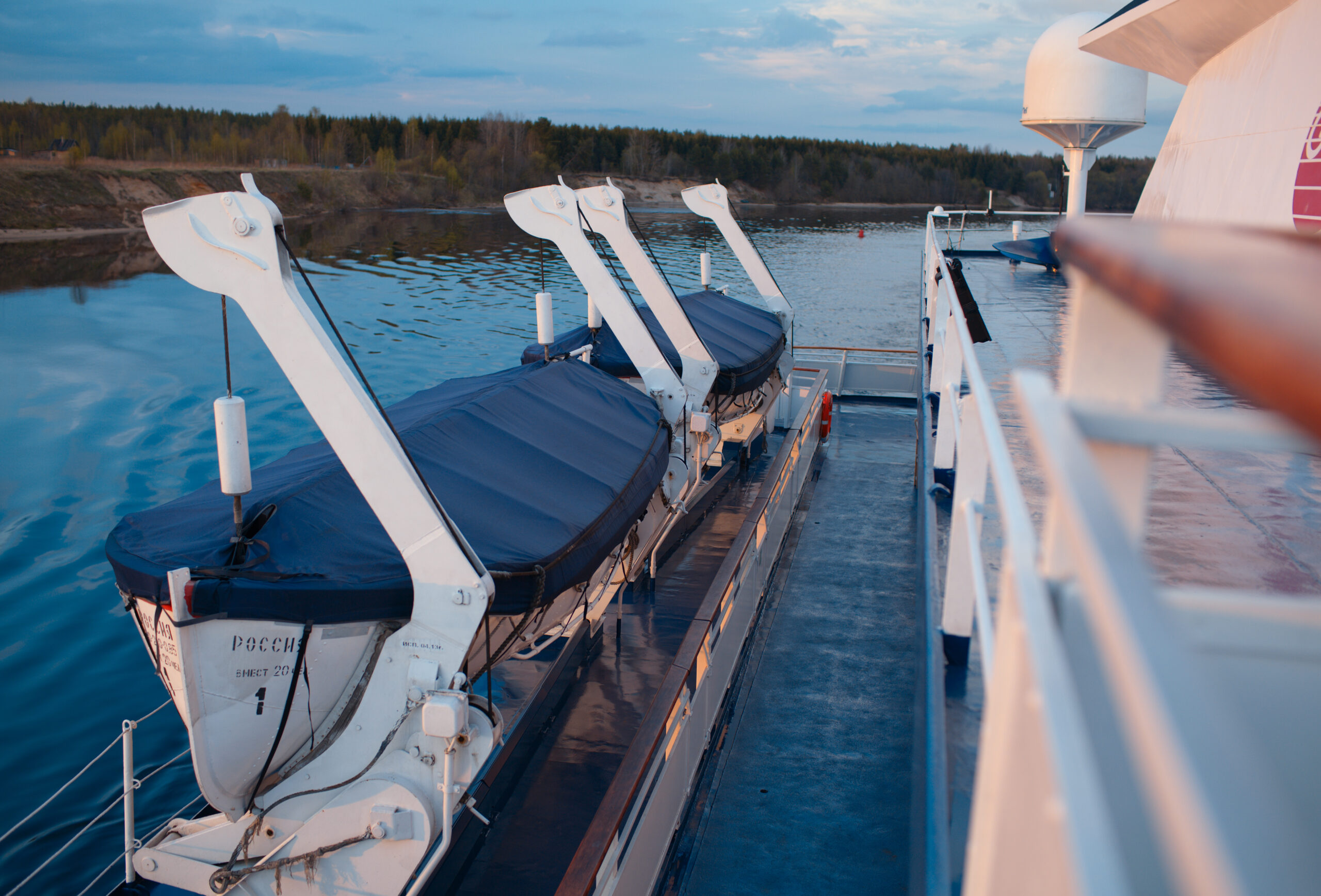Welcome to . In this blog post, we will cover everything you need to know about living off the grid and becoming self-sufficient. Let’s get started!
Introduction to Self-Sufficiency
Living off the grid is a lifestyle choice that many people are choosing as a way to reduce their carbon footprint and become more independent. It involves learning how to provide for yourself without relying on outside sources such as grocery stores or utilities companies. By mastering these skills, you can live sustainably while also reducing your monthly expenses.
The Importance of Growing Your Own Food
One of the most important aspects of self-sufficiency is growing your own food. This not only ensures that you have access to fresh produce but also reduces your reliance on supermarkets. You can start by planting a vegetable garden in your backyard or even consider raising chickens for eggs and meat.
How to Collect and Purify Water
Access to clean water is essential when living off the grid. One way to collect water is through rainwater harvesting. You can install a system that captures rainwater from your roof and stores it in barrels for later use. To purify the water, you can use methods such as boiling, filtering, or using ultraviolet light.
Essential Skills for Building a Shelter
Building a shelter is crucial when living off the grid. Depending on where you plan to settle down, you may want to build a cabin, yurt, or tiny house. Learning basic carpentry skills and understanding the principles of construction are necessary to create a sturdy and comfortable home.
Creating Energy from Renewable Sources
Another critical aspect of self-sufficiency is generating energy. Solar panels, wind turbines, and hydroelectric power are all renewable sources of energy that you can use to power your home. These systems require an initial investment but can save you money in the long run and reduce your dependence on fossil fuels.
Making Natural Remedies for Healthcare
When living off the grid, it’s essential to have natural remedies on hand for common illnesses and injuries. Learn how to make herbal teas, tinctures, and salves using ingredients found in nature. Knowledge of first aid and CPR is also vital in case of emergencies.
Tips for Waste Management and Recycling
Waste management and recycling are significant concerns when living off the grid. Reduce waste by composting organic matter and repurposing items instead of throwing them away. You can also use recycled materials to construct your shelter or create art projects.
Communication and Safety in the Wild
Lastly, communication and safety are critical when living off the grid. Carry a phone or walkie-talkie with you at all times and let someone know where you’ll be going before heading out into the wilderness. Familiarize yourself with local wildlife and learn how to avoid dangerous situations like encounters with bears or snakes.

Conclusion: Living Off the Grid as a Lifestyle Choice
Self-sufficiency takes time, effort, and dedication, but it’s a rewarding lifestyle choice that can help you live a simpler and more fulfilling life. Whether you choose to live completely off the grid or incorporate some of these practices into your daily routine, the key is to take small steps towards independence and sustainability.





